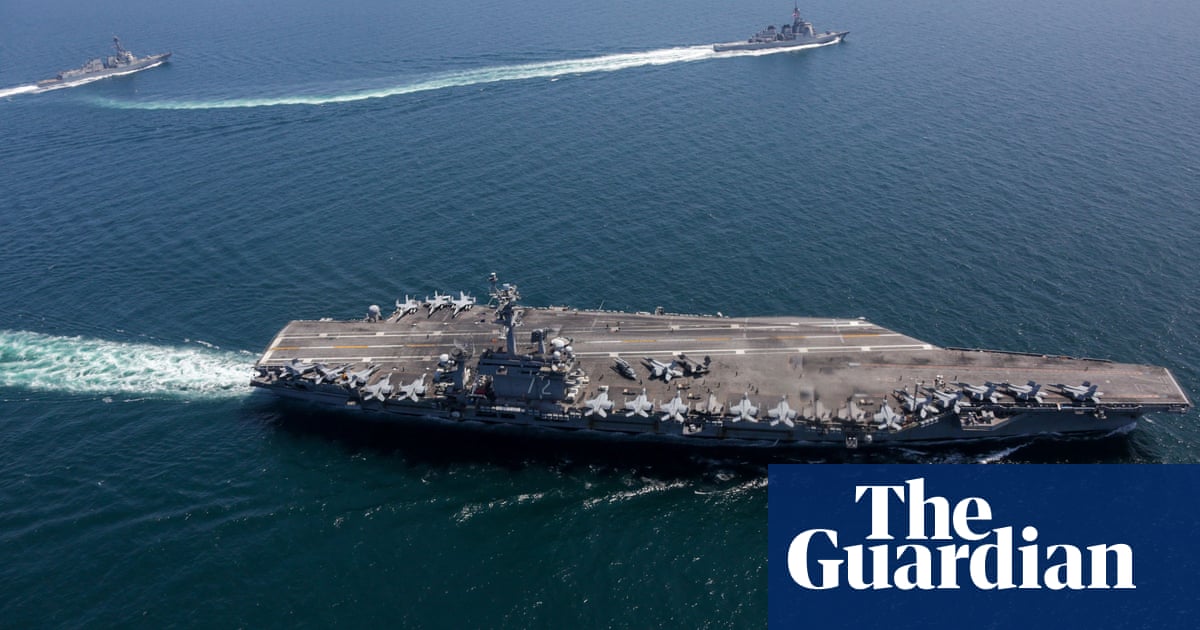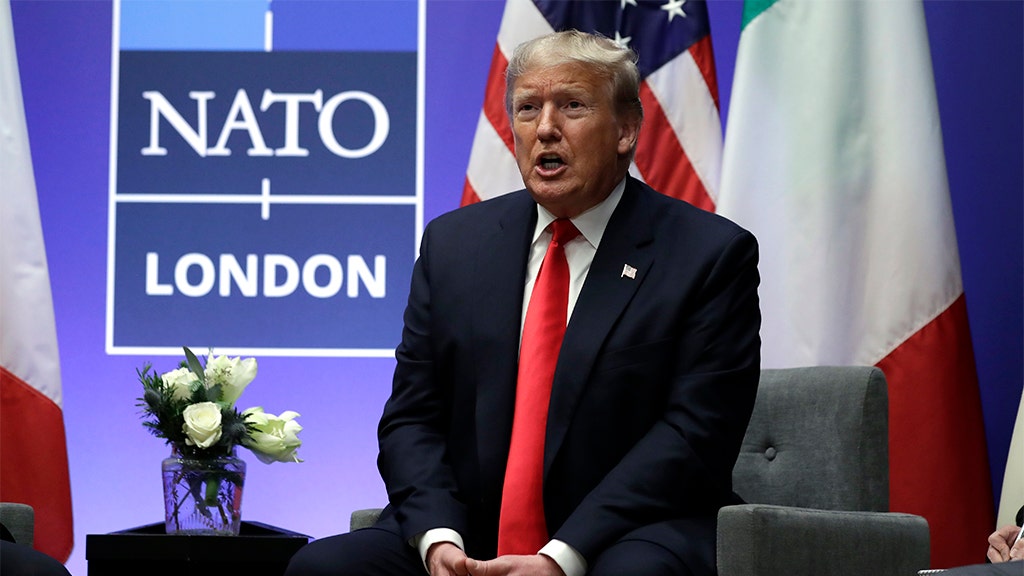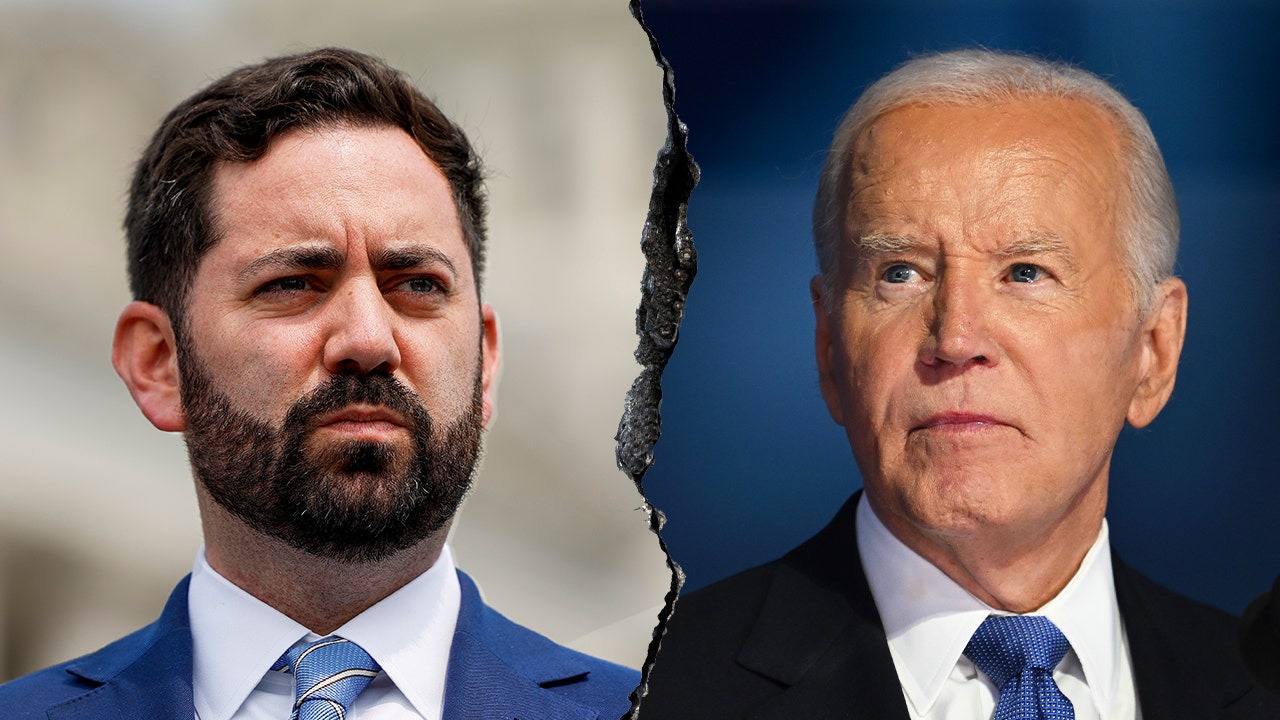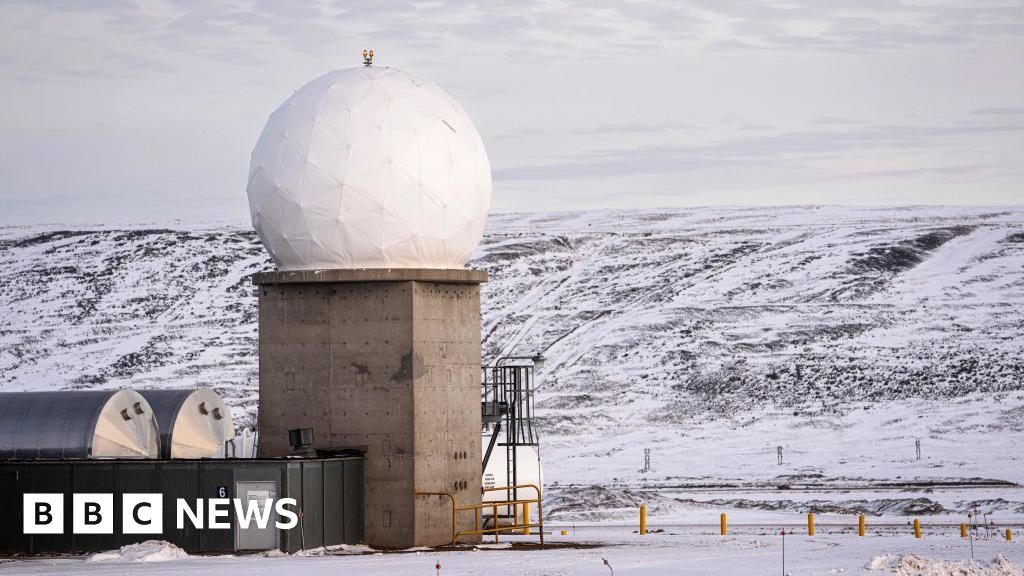World
US orders strike group to accelerate deployment to Middle East amid fears of Iran attack on Israel

The US has ordered a strike group of fighter jets and navy warships to accelerate its deployment to the Middle East, as the region braces for possible attacks by Iran and its allies after the killing of senior members of Hamas and Hezbollah.
The US secretary of defence, Lloyd Austin, ordered the Abraham Lincoln strike group to accelerate its deployment to the region, while at the same time announcing the deployment of a guided missile submarine, after speaking with his Israeli counterpart, Yoav Gallant.
Analysts noted that it was rare for the Pentagon to publicly announce the deployment of a submarine.
The US military had already said it would deploy additional fighter jets and warships to the Middle East as Washington seeks to bolster Israeli defences. Ismail Haniyeh, the political leader of Iran-backed Hamas, was assassinated in the Iranian capital Tehran on 31 July, an attack that drew threats of revenge by Iran against Israel. Iran has blamed Israel for the killing, but Israel has not claimed responsibility.
Haniyeh’s assassination and the killing of the senior military commander of the Iran-backed Lebanese group Hezbollah, Fuad Shukr, by Israel in a strike on Beirut, have fuelled concerns the conflict in Gaza could turn into a wider Middle East war.
It comes as Hamas appeared to push back against resuming ceasefire negotiations. On Friday, the leaders of the US, Egypt and Qatar called on Israel and Hamas to restart talks to finalise a ceasefire and hostage release deal by 15 August.
Israel said last week it would send negotiators to take part in the meeting. Hamas initially said it was studying the offer but has now hinted it may stay out of the new round of talks.
In a statement on Sunday, Hamas said mediators from the US, Egypt and Qatar should submit a plan to implement what was agreed on last month, based on president Joe Biden’s proposal, “instead of going to more rounds of negotiations or new proposals that provide cover for the occupation’s aggression”.
Hamas said it has shown flexibility throughout the negotiating process but that Israeli actions indicated that it was not serious about pursuing a ceasefire agreement.
In a joint statement released on Monday, the leaders of France, Germany and Britain endorsed calls for a ceasefire in Gaza, the return of scores of hostages held by Hamas and the “unfettered” delivery of humanitarian aid.
“The fighting must end now, and all hostages still detained by Hamas must be released. The people of Gaza need urgent and unfettered delivery and distribution of aid,” the statement signed by the French president, Emmanuel Macron, the German chancellor, Olaf Scholz, and British prime minister, Keir Starmer, said.
Over the weekend thousands of people fled the southern Gaza city of Khan Younis after the Israeli military warned of a new operation to flush out Hamas militants that it says have regrouped there.
Khan Younis suffered widespread destruction during the IDF’s months-long battle to take the city at the beginning of the year.
Biden laid out a three-phase ceasefire proposal in an address on 31 May. Washington and regional mediators have since tried arranging the Gaza ceasefire-for-hostages deal but have run into repeated obstacles.
Reuters and the Associated Press contributed to this report










